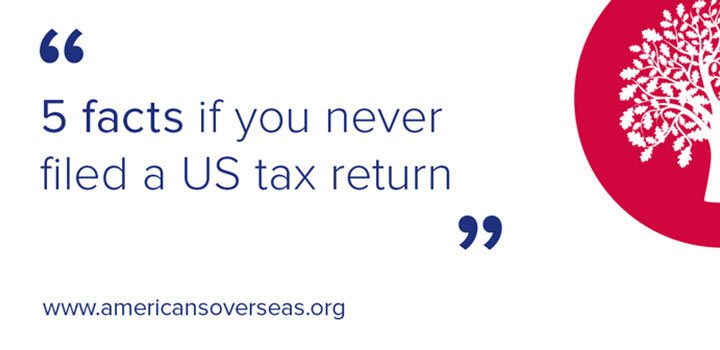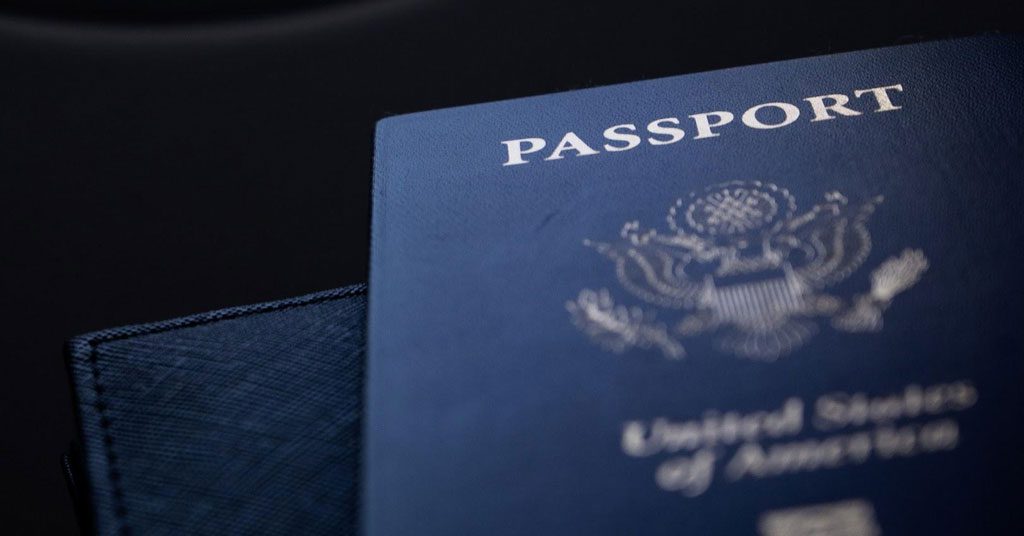
The Guardian: EU fights American tax on accidental American

According to The Guardian, the EU pushes the US to dilute rules on dual-nationality citizens unknowingly liable for American tax.
The EU has joined the fight against an American tax law that has put tens of thousands of European citizens at risk of having their bank accounts frozen.
Accidental Americans not aware of American tax
In a letter to the US Treasury Secretary, the Council of the EU – the bloc’s main decision-making body – called on the US to clarify rules affecting so-called “accidental Americans”, who left the US when they were just months or years old and may have never been aware they owed American tax.
EU: cut the cost of renouncing American citizenship
The EU has also urged the US to cut the $2,350 bill for renouncing American citizenship and to simplify US income tax filing requirements.
The council’s intervention could help an estimated 300,000 to 500,000 accidental Americans across the EU. Around 40,000 citizens in France are affected, and the UK is believed to host at least as many.
Deadline 1 January 2020
The US is the only country aside from Eritrea that taxes non-resident citizens on their global income. It ramped up its efforts in 2010 with the introduction of the Foreign Account Tax Compliance Act (Fatca), which requires foreign financial firms with US operations to report information about American taxpayers by 1 January 2020 or face huge fines.
Banks have been racing to identify any remaining dual-nationality customers before the deadline and may freeze accounts of customers who do not supply tax ID details, which many “accidentals Americans” never obtained.
The US Internal Revenue Service (IRS), the country’s taxation authority, recently issued an update, saying it would consider each case and would not automatically fine banks for failing to provide all the tax ID numbers of suspected dual nationals.
But the EU’s letter said the update was not binding and left too much power in the hands of the IRS to determine whether banks had breached the rules.
“These situations seem to be the most frequent source of concern for banks and other financial institutions,” the EU letter explains.
Accidental Americans hunted down for American tax
Many people fear being hunted down for taxes they never knew they owed, and are choosing to renounce their US citizenship rather than go through the complicated process of filing American taxes to American authorities every year. But candidates still have to file six years of back taxes in order to scrap their US citizenship.
Big upfront costs for European Americans
In September the IRS announced it was giving a US income tax break to some American expats looking to renounce their citizenship. The Council of the EU said it was a “step in the right direction,” but argued accidental Americans were still confronted with big upfront costs.
“This procedure is lengthy, costly, and complex. The renunciation fee alone amounts to $2,350, on top of which the costs of filing tax returns and any tax liabilities would be added,” the EU letter said.
“We would therefore propose to lower the cost of renunciation, to simplify the American tax filing procedure and not require it for all cases.”
Americans Overseas helps European Americans with American tax
We, the founders of Americans Overseas, were born in the Netherlands and obtained our American nationality through our (American) mother.
When we heard about the American tax system for the first time around 2013, we were in total disbelief (it can’t be true!), anger (how can they do this?), fear (am I going to get fined or pick up other problems?), and panic (what should I do?). It is (unfortunately) true that there is an additional American tax levy. But there’s no information from the local government, and when approached, the consulate referred us to the IRS, and the IRS was impenetrable.
That’s why we started this initiative to help people from all over the world by providing proper information about the American tax system to avoid unnecessary panic and offering help free of obligation and free of charge. If needed, we have a network of affordable professionals (accountants) who can help you with your tax obligations.
If you have more questions about the American tax system you can contact us at Americans Overseas.
Contact us for more information
Source: The Guardian
Frequently asked questions
Understanding the US tax system, the obligations, and all the additional terms can be difficult. Especially if one lives outside of America. Is your question not answered? Contact us.
-
Who is required to file taxes in the US?
U.S. citizens and resident aliens who live abroad are generally required to file a federal income tax return and pay taxes on their worldwide income.
Read more... about Who is required to file taxes in the US? -
Do US citizens living abroad still have to file taxes in the US?
Yes, US citizens are required to file taxes on their worldwide income, regardless of where they are living.
Read more... about Do US citizens living abroad still have to file taxes in the US? -
How can I cash my US check?
Received an American check? You can cash your check in the following ways: cash the check at your own bank, transfer to another person (endorsement), cash checks using an online service or cash the check by another bank.
Read more... about How can I cash my US check? -
Are there any special tax forms required for US citizens living abroad?
US citizens living abroad may be required to file Form 2555 and/or Form 1116 to claim the foreign-earned income exclusion.
Read more... about Are there any special tax forms required for US citizens living abroad? -
What is FBAR filing?
FBAR (Foreign Bank Account Report) filing is the requirement for certain U.S. individuals and entities to report their foreign financial accounts to the Financial Crimes Enforcement Network (FinCEN) of the U.S. Department of Treasury. The FBAR filing requirement applies to U.S. persons who have a financial interest in, or signature authority over, one or more foreign financial accounts if the aggregate value of those accounts exceeds $10,000 at any time during the calendar year.
Read more... about What is FBAR filing?





